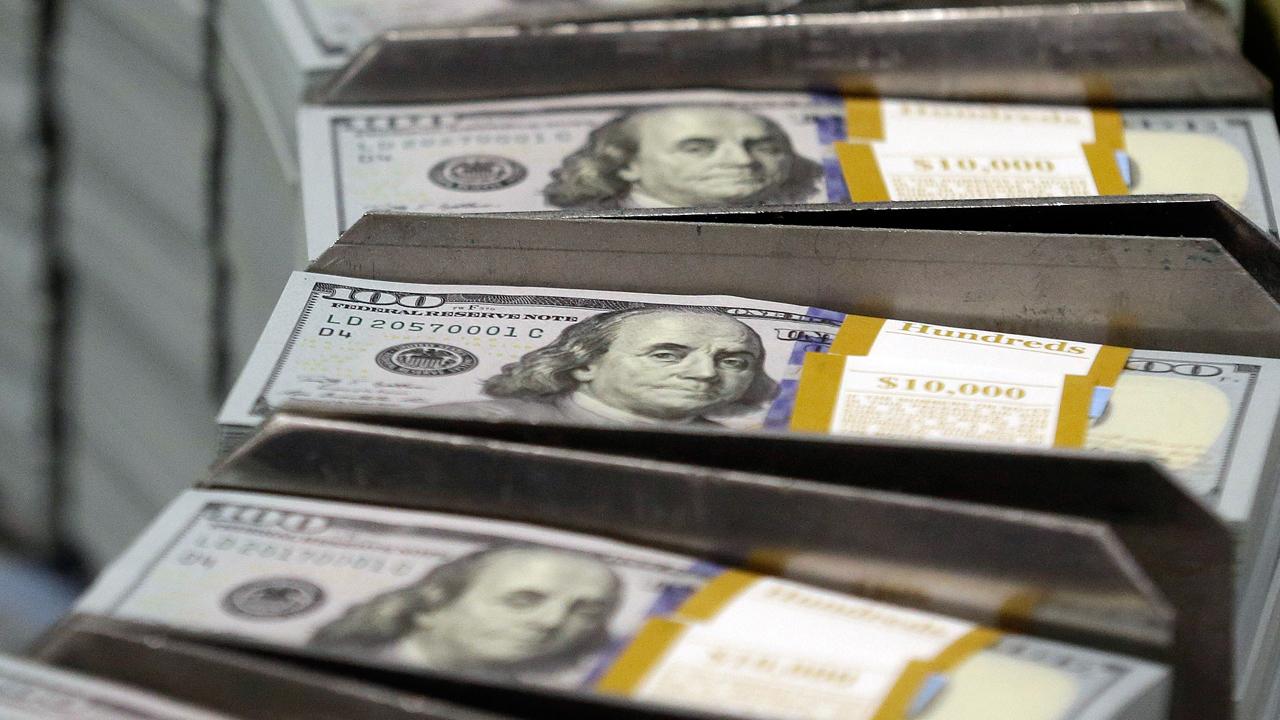The real 'crisis of capitalism'
Is capitalism in crisis? That is what Rep. Alexandria Ocasio-Cortez, D-N.Y., said recently, more precisely she said that we are witnessing a “crisis of late stage capitalism.” Others seem to agree.
So what else is new? Karl Marx reported a crisis of late stage capitalism, oh, some 170 years ago. What has happened since then?
In the capitalist countries the standard of living of the average person, rather than collapsing as Marx foresaw, has increased some ten or fifteen fold or more. If the numbers sound abstract, consider this practical effect: the life expectancy of an American in Marx’s time was around 38 years, today it is around 78.
This progress was not inevitable. In fact, for most of human history until the rise of capitalism living standards hardly improved at all. They remained the same generation after generation, century upon century.
In recent decades capitalism has worked its wonders beyond its longtime haunts in Europe and North America. China was dirt poor until 40 years ago when the Communist Party decided paradoxically to shift its approach from socialism to capitalism. Now, China’s economy is expected to surpass America’s in a few more decades.
At varying speeds, the rest of the communist world is following suit. The developing countries of Africa and Asia, which mostly stagnated in their early decades of independence when they practiced socialism, have largely risen from abject poverty since they embraced capitalism. On the whole their growth rates now outpace the developed countries.
While the strong economic growth unleashed by capitalism has enabled the world’s poorer countries to close the gap with the richer ones, those who speak of a “crisis of capitalism” focus on the increase in inequality here at home. What has been most worrisome has been the recent stretch of years when wages stagnated, and with them the incomes of Americans at lower rungs of the ladder. This evoked the crisis Marx saw coming, with workers growing ever worse off until in desperation they would overthrow capitalism.
Still, this period of stagnating wages did nothing to reverse the longer-term record, which was the very opposite of Marx’s forecast. And now in the last couple of years, the disturbing picture of recent decades has begun to change, with wages and income of those in lower brackets trending upward.
To be sure, the increase in disparities of income in recent times troubles our intuitive sense of fairness. And one hopes measures can be found to augment the opportunities and momentum of those toward the bottom. But the real crisis of capitalism lies elsewhere.
Where the crisis of capitalism lies
Much as FDR warned that we had nothing to fear but fear, so the crisis of capitalism lies in all the talk of a crisis of capitalism. This often, as exemplified by Marx and Ocasio-Cortez, expresses sheer hostility to capitalism.
Such hostility gained traction in the twentieth century, producing communism and fascism. Both ideologies addressed legitimate discontents, but once they achieved power they inflicted suffering on mankind with few parallels in history, making child’s play of the depredations of capitalism.
Scores of millions of lives were snuffed out. On top of that, the lives of countless millions of others, the poorest of the world’s poor, were blighted or destroyed by governments that flailed hopelessly, trying to foster development without capitalism.
True, not all who criticized capitalism did such harm. In some democratic countries, parties calling themselves socialist or social democratic succeeded in erecting benign welfare states. Despite their names, however, the key to their success lay in reconciling themselves with capitalism as the underlying economic engine.
The avatar of hostility to capitalism in America today is Bernie Sanders, advocate of a “revolution” against billionaire “oligarchs” who he says rule America. A Burlington journalist who covered Sanders’s beginnings forty years ago says his pitch today remains “word for word” the same except “he’s changed the word millionaire to billionaire.”
Little wonder, now that Sanders has become a millionaire, himself. Capitalism, it seems, rewards even its enemies.
CLICK HERE TO GET THE FOX BUSINESS APP
Just as has been famously said of democracy, capitalism is the worst system except for all the others. Its recurrent crisis is that it gives rise to voices that want to do away with it.
Joshua Muravchik is the author of Heaven on Earth: The Rise, Fall, and Afterlife of Socialism.




















